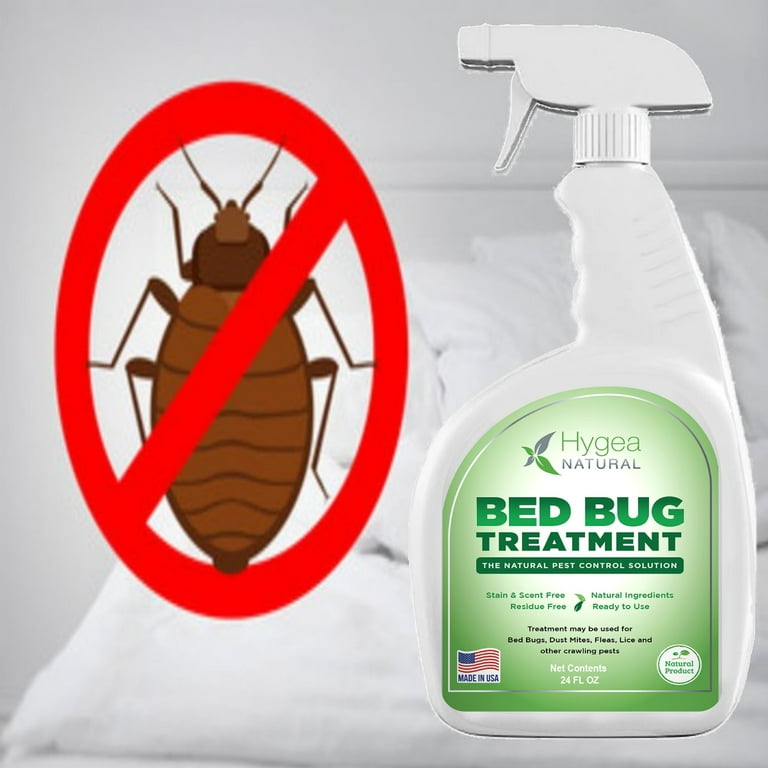Specialist Kings Pest Control Cincinnati: Your Trusted Pest control experts
Specialist Kings Pest Control Cincinnati: Your Trusted Pest control experts
Blog Article
Sorts Of Parasite Control: Which Method Is Right for Your Problem?
When faced with a bug invasion, the choice of an ideal method for insect control is essential in efficiently handling the scenario. By discovering the numerous types of bug control techniques offered, people can make educated choices customized to their unique scenarios, guaranteeing a much more reliable and sustainable result in bug removal.
Chemical Bug Control
Chemical parasite control involves the usage of artificial or normally obtained chemicals to take care of and eliminate pest populations effectively. This approach is generally used in agriculture, forestry, and property settings to combat a wide variety of parasites, consisting of weeds, bugs, and rats. The usage of chemical pesticides can give fast and targeted options to pest infestations, making it a popular choice for numerous people and organizations.
Among the key benefits of chemical pest control is its capacity to swiftly remove parasites, decreasing the danger of damages to crops, building, and human health and wellness. By utilizing specific chemicals that target specific insects, this technique can efficiently control infestations while lessening injury to beneficial organisms and the atmosphere when applied appropriately.
Nevertheless, using chemical pest control likewise increases concerns concerning prospective adverse impacts on non-target species, water sources, and human health. It is essential to follow safety standards, apply chemicals sensibly, and take into consideration different parasite control approaches to decrease these threats and make certain sustainable insect monitoring practices.
Organic Bug Control
Organic parasite control, additionally recognized as biocontrol, utilizes living microorganisms to reduce and handle pest populations normally. By using the insect's natural killers or virus, biological pest control offers a sustainable and eco pleasant solution to pest administration.

Mechanical Bug Control
Making use of manual and physical approaches to take care of bug populations, mechanical pest control uses an alternate strategy that does not depend on using living organisms or artificial chemicals. This method entails making use of obstacles, catches, or various other gadgets to physically hinder or remove insects. By obstructing parasite entrance points or establishing catches to capture them, mechanical insect control can properly lower invasions without introducing chemicals into the setting.
One usual example of mechanical insect control is using mesh screens on doors and windows to prevent pests from getting in buildings. This basic yet effective method acts as a physical barrier, maintaining pests out while permitting correct air flow. Furthermore, gadgets like mousetraps, fly swatters, and ultrasonic repellents fall under the mechanical insect control classification.
While mechanical insect control approaches can be labor-intensive and need regular monitoring and maintenance, they use a eco pleasant and lasting remedy for managing bug infestations. By incorporating different Kings best pest control cincinnati mechanical techniques, building owners can produce an extensive pest control strategy that reduces dependence on chemical pesticides.
Physical Insect Control

Some typical physical insect control methods include using barriers such as internet or screens to stop bug access, traps to record and get rid of insects, and hand-picking to literally eliminate insects from plants or structures. In addition, techniques like heat treatments can be used to manage parasites like bed pests by increasing the temperature level to levels that are lethal to the bugs.
Physical insect control is specifically useful in integrated bug administration (IPM) approaches, where numerous pest control techniques are combined for efficient pest administration while decreasing the usage of chemicals. By making use of physical bug control methods, people can successfully attend to bug invasions with very little ecological effect.
Integrated Pest Management
When applying physical bug control techniques as component of parasite monitoring approaches, Integrated Bug Monitoring (IPM) arises as a detailed strategy that leverages different methods to properly regulate pest populations. IPM concentrates on lasting prevention of bugs with a combination of organic, social, physical, and chemical tools customized to particular parasite concerns. By incorporating multiple control tactics, IPM intends to lessen the risks connected with parasites while also minimizing reliance on chemical remedies.
One key aspect of IPM is the focus on surveillance and assessing pest populaces to determine one of the most suitable control techniques. This aggressive technique permits early intervention and targeted methods, leading to more effective bug monitoring. Additionally, IPM advertises eco friendly practices by prioritizing non-chemical control approaches and only using pesticides as a last option.
Final Thought

By using the bug's all-natural killers or virus, organic parasite control supplies a sustainable and environmentally friendly remedy to pest monitoring. - Kings exterminator cincinnati
Using physical and hands-on techniques to manage pest populaces, mechanical bug control supplies a different strategy that does not depend on the use of living microorganisms or synthetic chemicals.An effective approach to taking care of parasite populaces without relying on chemical or organic techniques involves the use of physical pest control strategies.When applying physical insect control methods as component of bug management strategies, Integrated Insect Management (IPM) arises as an extensive strategy that leverages various strategies to efficiently control pest populations. Chemical bug control involves the use of chemicals, organic parasite control makes use of all-natural killers, mechanical bug control involves physical obstacles, physical pest control consists of capturing or eliminating pests, and integrated bug monitoring combines several approaches for a holistic technique to pest control.
Report this page